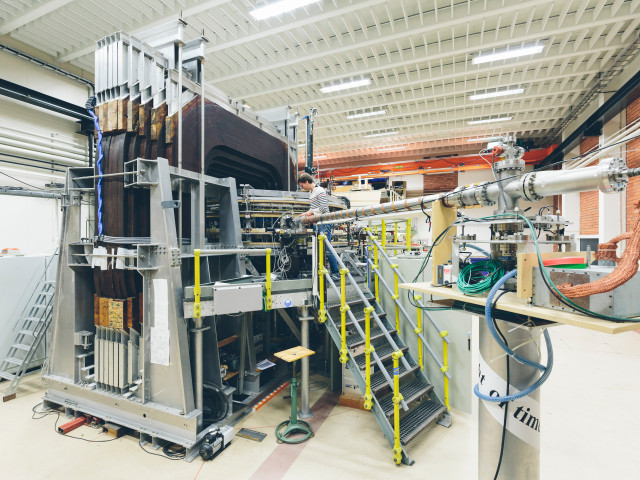Kursen omfattar en rad optiska mättekniker, med tonvikt på optiska sensorer. Kursens upplägg bygger på en allmän översikt i syfte att ge en förståelse för grundläggande sensorkoncept som täcker mätparametrar, material, ljuskällor och detektorer. Föreläsningar tar upp exempel och teori med olika lösningar för specifika tillämpningar. Laboratorieövningar kommer att ge praktisk erfarenhet av relaterade ämnen, med gästföreläsare från industrin som presenterar användning av optisk mätteknik i industriella tillämpningar. Om möjligt kommer företagsbesök på plats att ordnas.
Specifikt täcker kursen följande ämnen:
Grundläggande kunskap om ljuskällor, detektorer och detektionstekniker. Optiska mätningar med icke-klassiska ljuskällor. Kunskaper om grundläggande principer för optiska fibersensorer, samt tillverkning och hantering. Analys av optiska fibersensorer överföringsmatrismetoden. Interferometriska sensorer för temperatur- och töjningsavkänning, avstånds- och rotationsmätningar. Absorptions-, Raman- och fluorescensspektroskopi.
